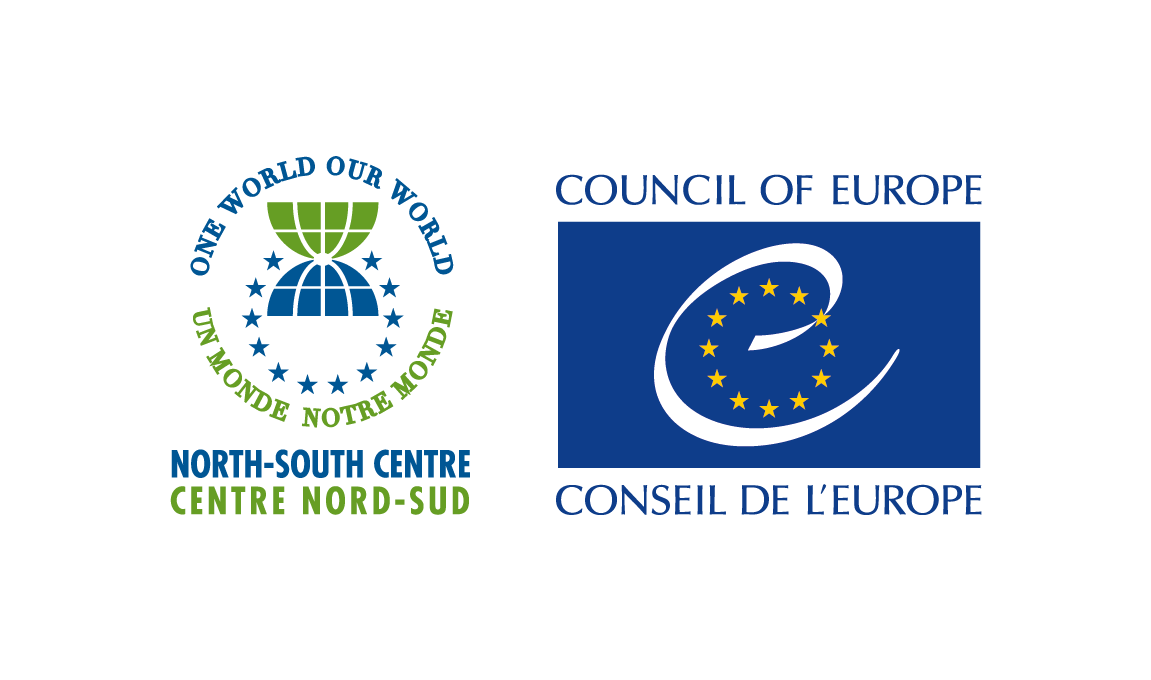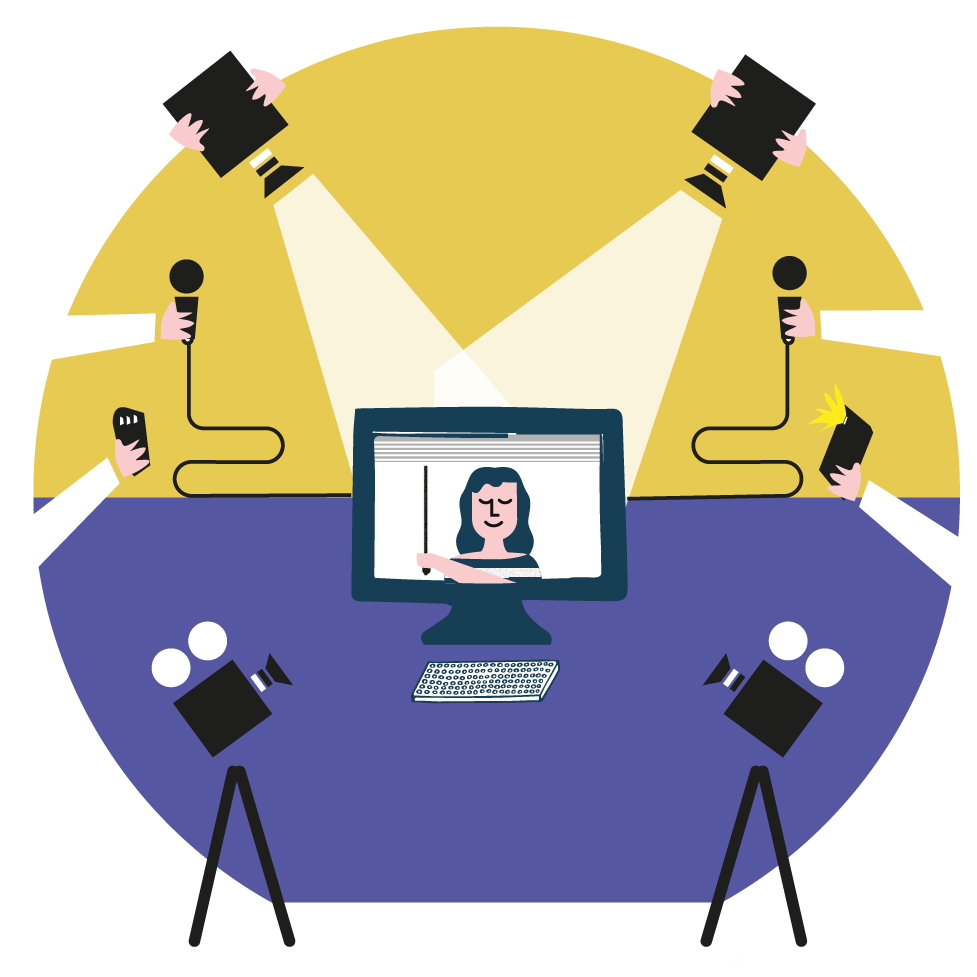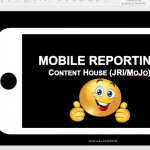COPEAM developed a new training activity funded by the Council of Europe through the North-South Centre of the Council of Europe, with the aim of covering the topic of sexist stereotypes and gender equality in the Media in both Europe and South-Mediterranean countries.
The training was structured as follows:
A training module composed of 5 biweekly sessions on different aspects of the gender-media-equality relation:
- Women and leadership in media industries
- Gender representation in media contents
- Violence against women journalists
- Gender-sensitive media policies
- Gendered journalism cultures
This module was designed on and organized around the EU-project AGEMI e-learning resources on different aspects of the gender-media-equality relationship. A specific pedagogic program and methodology was tailored for the target group and three facilitators accompanied the beneficiaries in the use of these tools.
An introductory session was organised in synergy with the UNESCO’s UniTWIN Network on Gender Media and ICT: in that framework, a number of available international digital resources was presented in detail and discussed with the participants so as to highlight their potential for use in journalistic practices as well as research and advocacy.
An on line practical workshop made of 5 close-meetings on new technologies and smart journalism
- Why MoJo
- Mobile reporting
- Visual storytelling
- Mobile video editing
- Telling stories on different platforms
During the practical workshop, the beneficiaries was introduced to cross-media production techniques and smart forms of journalism. Two media experts coached the participants during both the theoretical and practical phases aimed at producing news items starting from the subjects already developed and written during the training module.
A closing webinar on gender-equality and media narratives
Starting from the beneficiaries’ feedback and the results achieved in the training, the webinar was focused on the analysis of positive media gender-sensitive narrations, of good and bad international practices, and of the current international context.
| funded by |  |



